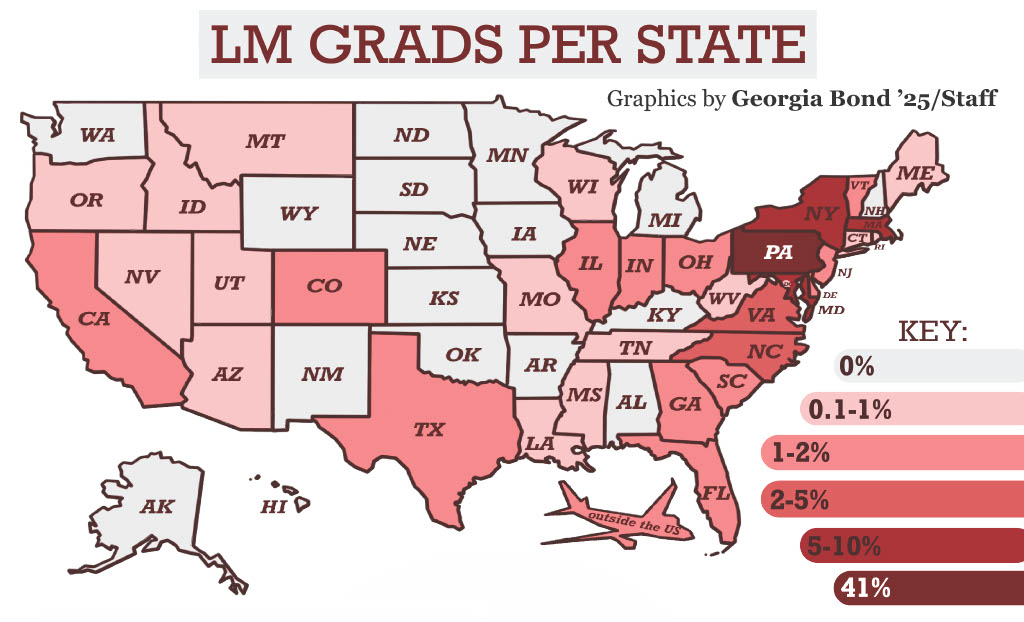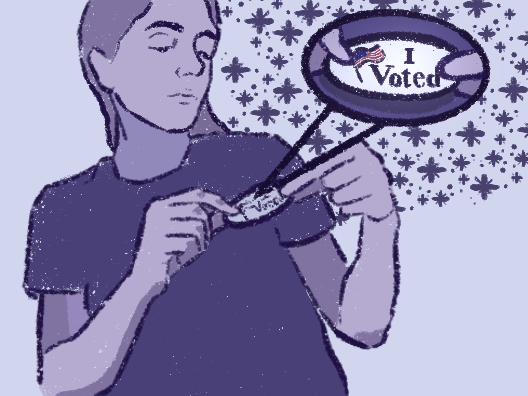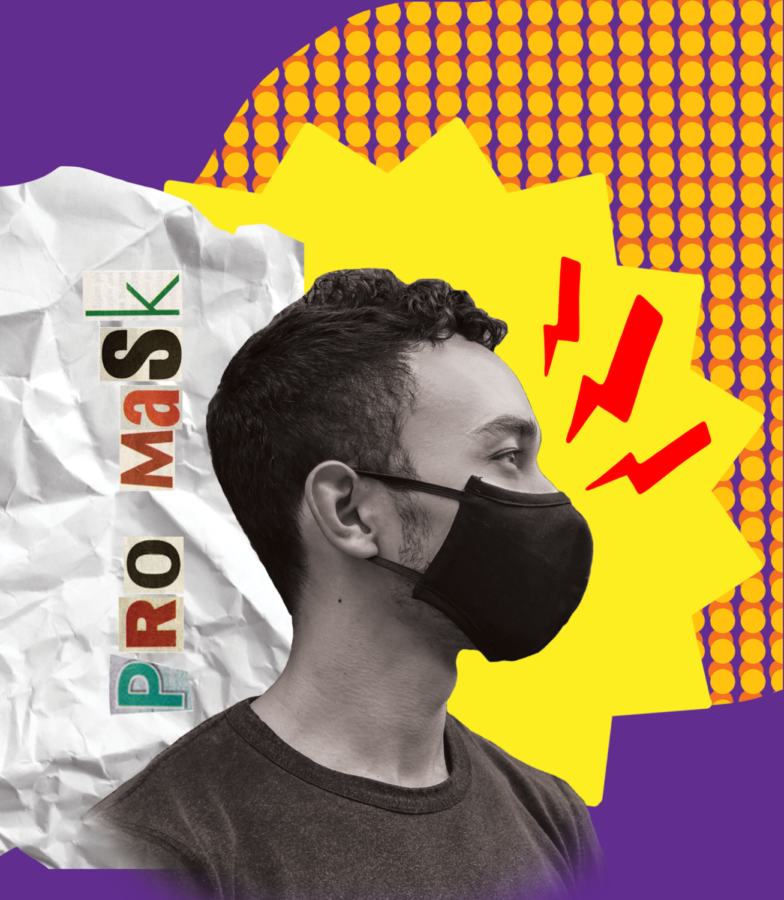For many of us, being able to vote is still months or years away. But, in a few communities across America, some high school students already can. Most recently, the local government in Newark, New Jersey lowered the voting age in local school board elections from 18 to 16. The governor of New Jersey, Phil Murphy, even suggested that he wanted to implement this change statewide. So, why is this relevant to Lower Merion? For one, Newark is just 100 miles from Lower Merion, and, if New Jersey as a whole implements this change, there could be increasing pressure to try it in Pennsylvania. And there should be pressure. Allowing 16 and 17-year-olds to vote in local elections would benefit both students and the democratic process as a whole. High school students are some of the most politically engaged people in the nation—many of us are interested in politics, follow current events, and even campaign for candidates. We deserve a voice too, especially in an election for positions like the school board, whose outcome will have the most effect on us.
Most LM seniors and many juniors will be eligible to vote in the upcoming presidential election in November, which will have an impact on a national and global scale. It makes no sense that an 18-year-old can play a part in deciding who will lead our nation next, but someone just two years younger can’t decide who will help lead our school district. Democracy should be open to as many participants as possible. Students—the exact people that school boards are supposed to make decisions affecting—don’t get a say in who makes those decisions and what they are. It’s a blatant lack of representation that doesn’t get talked about nearly enough. Representation matters; even though school board elections are sometimes dismissed as trivial or unimportant, they can have real effects on the academic and personal lives of students.
Our school board has weighed in on some of the most notable decisions affecting LMSD students in the past few years, including the debate over lights on Arnold Field, approving earlier start times, and the Oakwell controversy. These issues can change students’ day-to-day reality: just look at the example of start times. We are the ones who will benefit from waking up later, but we’ll also have to stay in slightly longer. There is no doubt that high schoolers are the most affected group in an issue like this, but because they can’t vote for school board candidates, they have essentially no say in the matter. But are we really ready to give more high schoolers that responsibility? Well, if sixteen and seventeen-year-olds aren’t mature enough to make political decisions, then why do we expect them to juggle academics, extracurriculars, friendships, and other responsibilities? Why do we allow them to drive? I would argue that being a high school student does require a certain amount of maturity—and the responsibility that comes with that maturity warrants certain rights. Allowing small-scale voting at a younger age wouldn’t just give students the ability to weigh in on issues important to them — it would also instill a sense of civic participation. LM already has voter registration drives and encourages seniors to register to vote in their government classes, and what better way to get students used to voting than to start them early? Students who start early will be more engaged in the civic process. By the time they turn 18, students would already be registered to vote and prepared to use it.
They would understand how to research candidates’ policy positions and opinions and make informed decisions. Preparing students for a lifetime of voting earlier would result in a much more knowledgeable electorate, something that is essential in the current era of widespread political polarization and misinformation.
It’s not a big ask — implementing slightly lower voting ages for school board elections would allow students to make decisions about the government representation closest to them, while having positive civic effects in the process. After all, who better to elect officials than the ones being most affected by their decisions?





